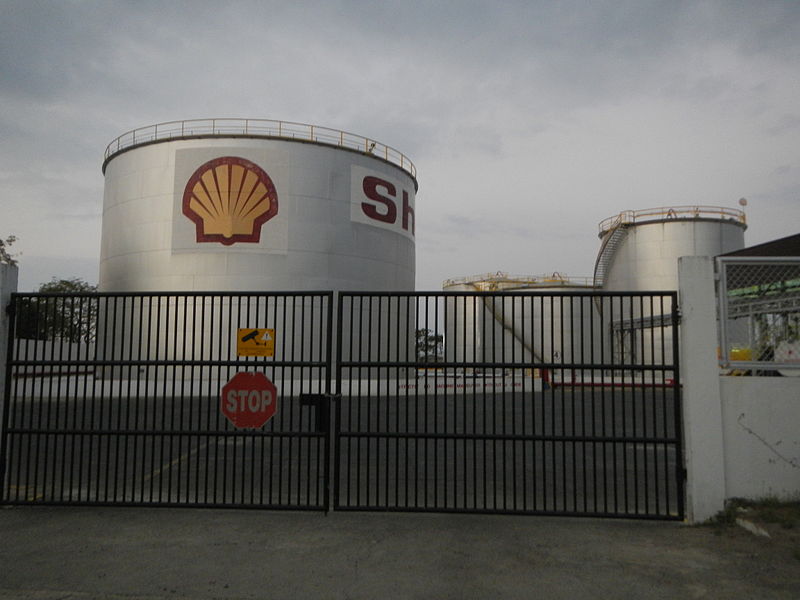
Royal Dutch Shell has announced its plans to act on global climate change by investing in natural ecosystems, including a $300m investment over the next three years to address carbon dioxide emissions.
This programme forms part of Shell’s three-year target to reduce its net carbon footprint by 2-3%, beginning in 2019.
Shell CEO Ben van Beurden said: “There is no single solution to tackling climate change. A transformation of the global energy system is needed, from electricity generation to industry and transport.”
“Shell will play its part. Our focus on natural ecosystems is one step we are taking today to support the transition towards a low-carbon future. This comes in addition to our existing efforts, from reducing the carbon intensity of oil and gas operations to investments in renewable sources of energy.”
Shell’s plans for its oil and gas operations include increasing investments in lower-carbon options such as liquefied natural gas (LNG) and hydrogen. To reduce emissions generated by its customers when using its products, Shell will invest in carbon neutral driving and low-carbon biofuels. Nature-based carbon credits will also help offset customer emissions, with Shell planning to introduce them in the Netherlands from 17 April 2019.
The company also plans to invest in wetlands, forests and other natural ecosystems around the world, to capture more carbon dioxide and reduce emissions.
On 3 April 2019 Shell published an audit of its trade associates’ climate positions, announcing its decision to leave the American Fuel and Petrochemical Manufacturers (AFPM) oil lobby over climate disputes. In this audit, the company expressed its desire to “move toward a lower-carbon future,” outlining its long-term target of reducing its net carbon footprint by 50% by 2050.
The Nature Conservancy CEO Mark Tercek said: “Last year’s IPCC report was a wake-up call on climate: reducing emissions starts with fossil fuels.
“Shell’s announcement signals that one of the world’s biggest energy companies is pursuing a decarbonisation strategy with a broad set of solutions, including by investing in nature.
“By doing so, it is helping to curb global deforestation, restore vital ecosystems, and help communities develop sustainably.
“Shell is the first in the industry to set near-term targets for the emissions of both its operations and its products; this is clear progress, but it also illustrates how much work remains to achieve Paris climate targets. We look forward to seeing further investment from Shell in these areas.”



